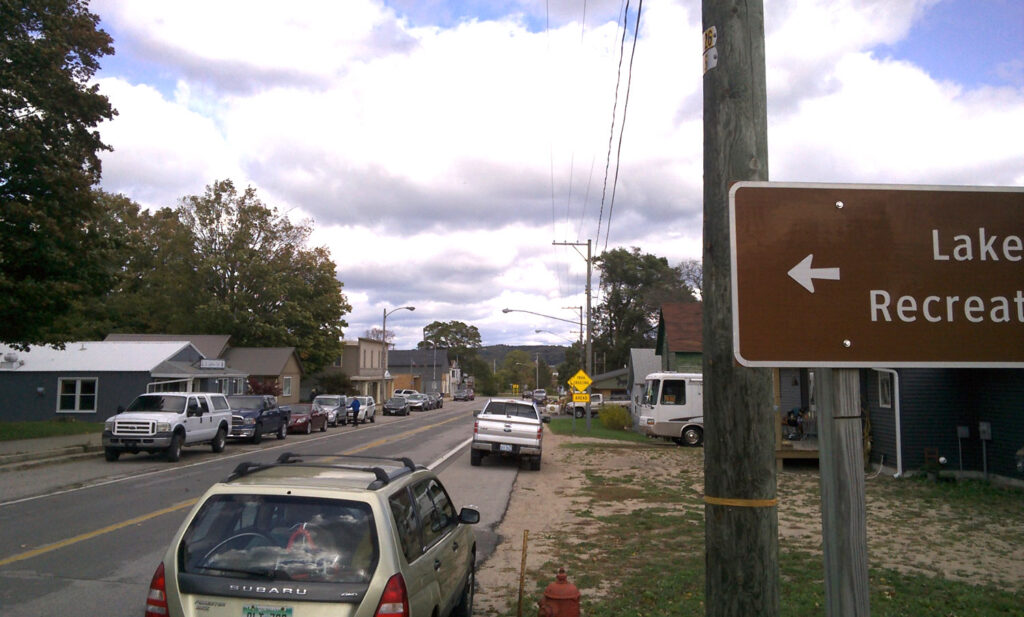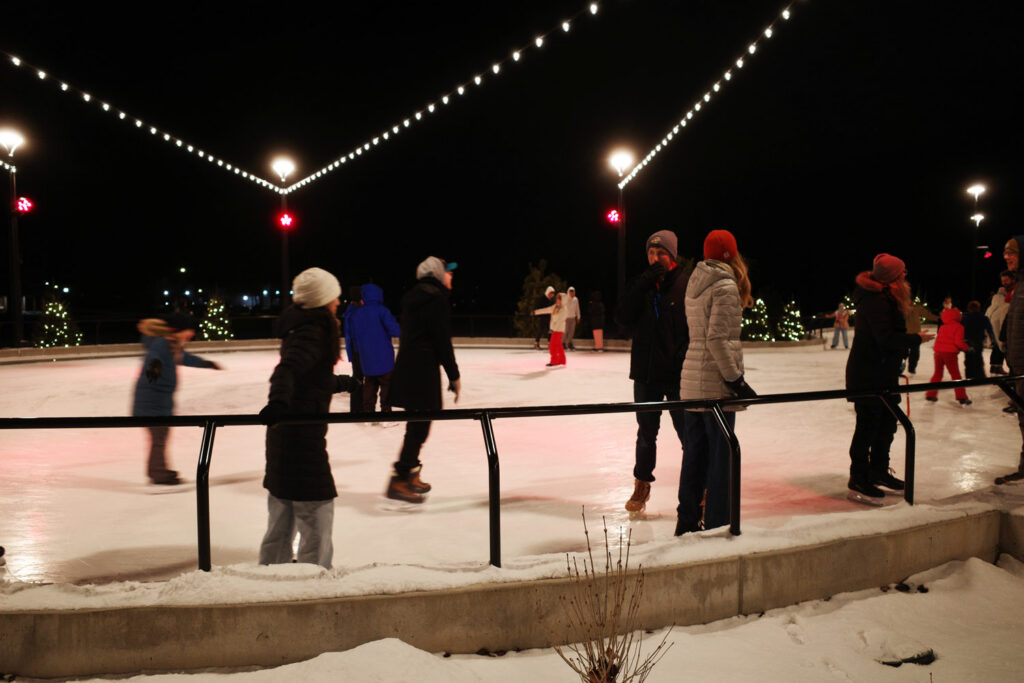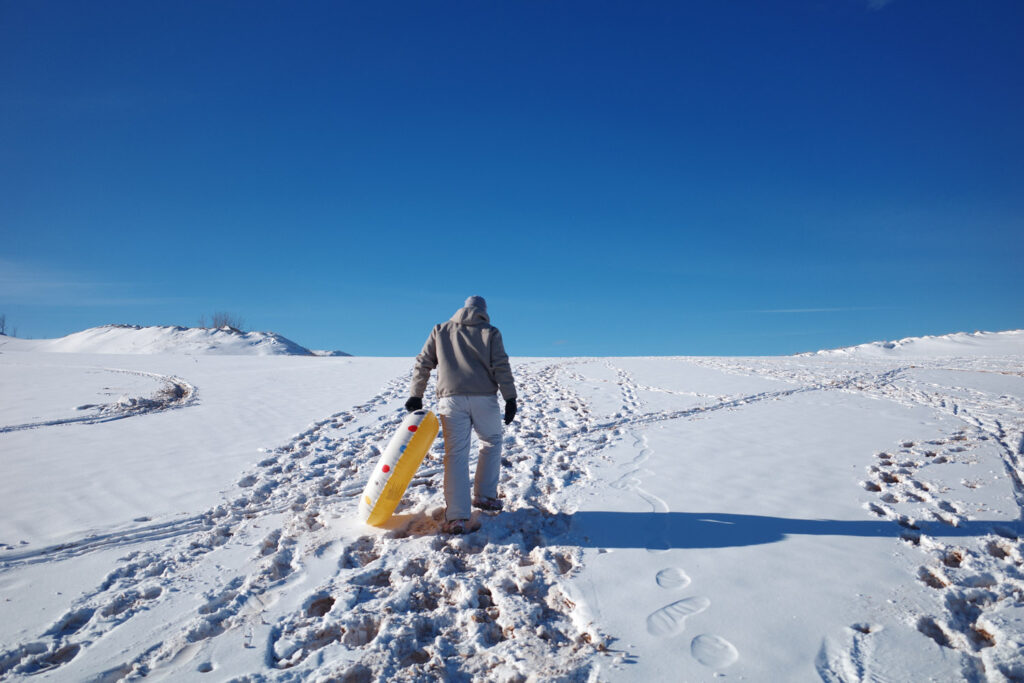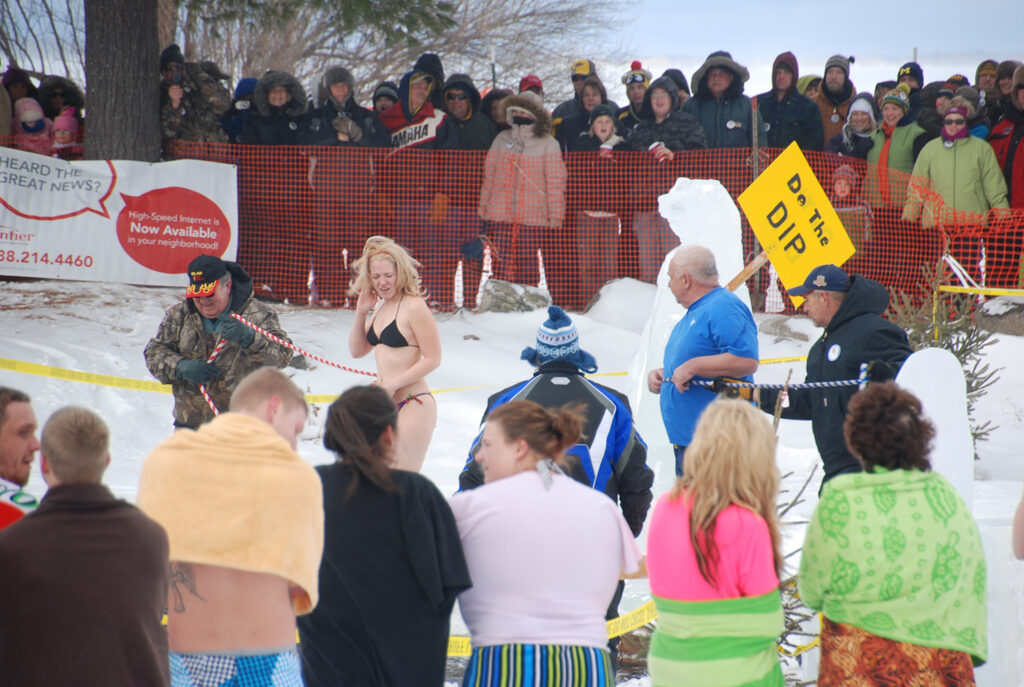Benzie County — I was bouncing along rarely maintained backroads to go fishing on the Betsie River, when suddenly I turned a corner and saw what could only be described as a meth-head encampment. In front of three of the rustiest mobile homes I’ve ever seen were about 40 empty beer cans and a large chained-up dog.
As a Christian, I try to give the folks who lived here the benefit of the doubt. But I immediately got a bad vibe when I saw this hovel. I decided to leave them to their own devices and be on my way. While I proceeded to have a good day fishing, I never really forgot that encounter. When I saw that camp, I felt like I was living in a post-apocalyptic wasteland. And in truth, I kind of am.
If you know Northern Michigan, you know that’s what it really is.
This part of the state was first explored by the French and was a center for fur trapping. But what really changed this place was logging. Michigan was full of gigantic white pines, bigger than any seen before. It also had valuable stands of maple and beech trees.
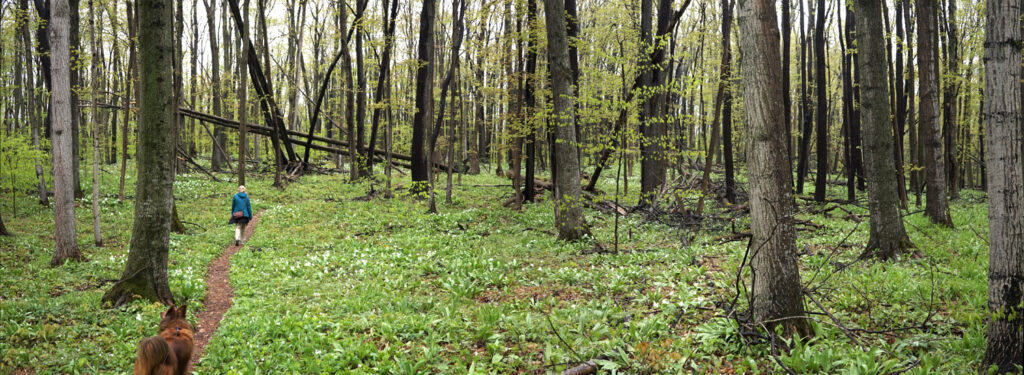
Logging operations began immediately. Using the rivers to float logs downstream, Northern Michigan was made bare. This wood helped build some of the greatest cities in the world. With all of that logging money, Michigan flourished. Ferries crossed the Big Lake every day, and a railroad system crisscrossed the state. There were schools, hospitals, libraries, everything a growing civilization could need. Things were looking up. But the good times did not last.
The endless logging led to the extinction of countless species and the destruction of the environment. And eventually, the timber ran out. The railroads closed and most of the ferries shut down. People began to leave for California, Arizona, New York, Florida—anywhere but where they were born. With the industry gone, nature forests regrew, animals returned, and towns shrunk. The Northern Michigan countryside hollowed out.
This trend continues today. Certain parts of the state are growing, but they stick to certain areas and rarely stray from them. Even though I live in the heart of the Transplant Republic, I don’t see people in the woods during hunting season. Most people raise their kids in the suburbs, make a lot of money, sell their house, and then retire in Northern Michigan. They may build a nice cabin, but they don’t fill empty churches or restore rusting buildings.
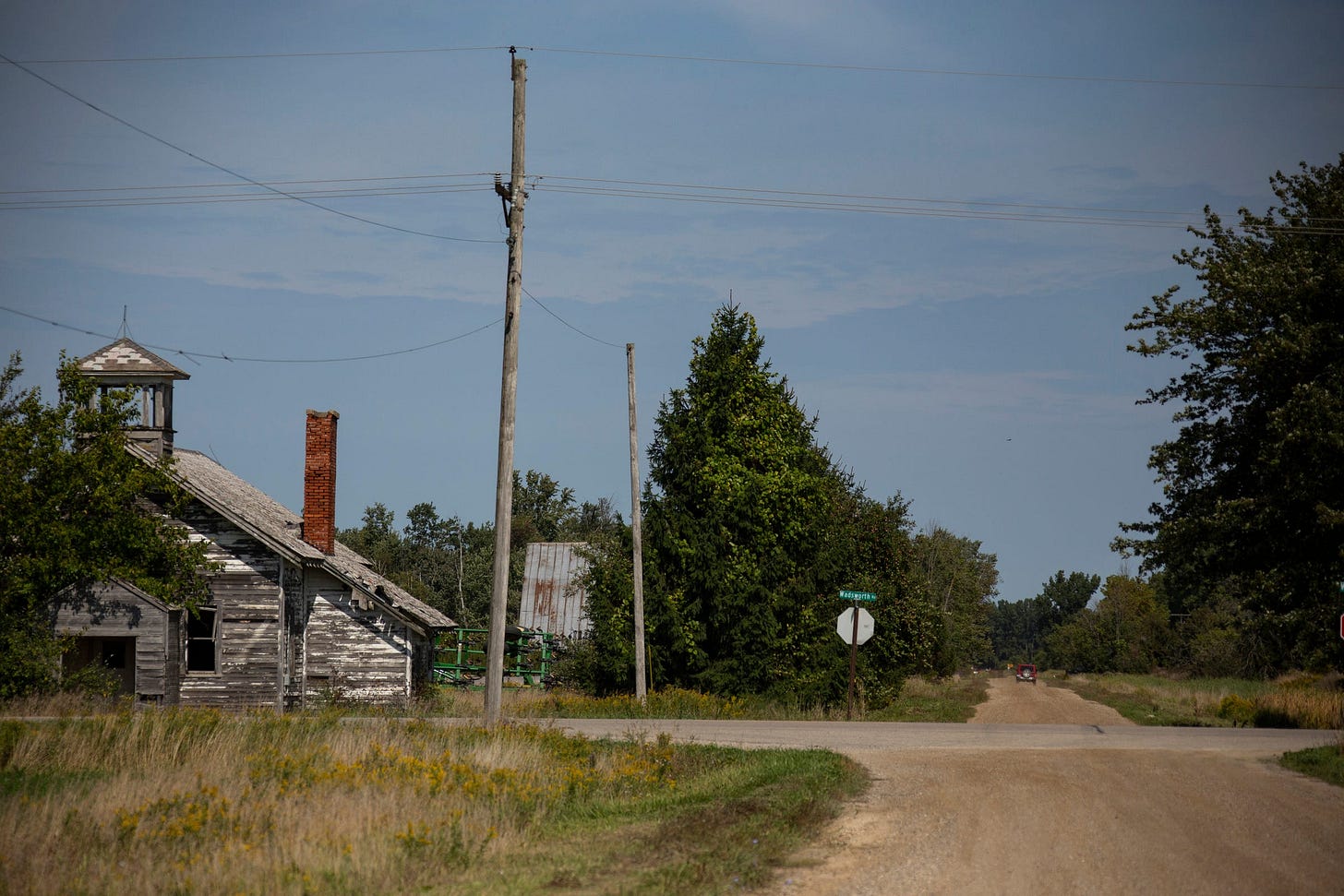
Towns that are filled with old folks who can’t afford to move to Florida and the odd young junkie are simply waiting to die. There is a feeling that this was a place of greatness, one that could be claimed again if only someone would care. Look at the outskirts of the town, and you can hear the woods scheming and plotting, waiting to creep in when the last resident moves on. Aral, a former lumber town near Sleeping Bear, is a case in point.
When I mention the post-apocalypse, this is what I’m describing. It’s less Mad Max, more Lord of the Rings. When Frodo and the gang travel across Middle Earth, they camp in abandoned ruins. They see the great works of early empires and how the people who remain are isolated and closed off. Rumors abound, of orcs and trolls and goblins moving closer to the cities, of bandits hiding in the woods.
Northern Michigan feels the same way. My grandfather, a train lover, would take my mom on hikes down the abandoned tracks of the Ann Arbor railroad to scavenge for rail ties and signs. The resources have been picked clean, the companies have left, and the people are left wondering. The whole region is a big open question mark: Why are we here?
There is a sense of mystery here that I never felt living in California, and that I still don’t feel at school in Chicago. You never know what’s around the next corner or bend of the river. The woods feel endless and ever growing.
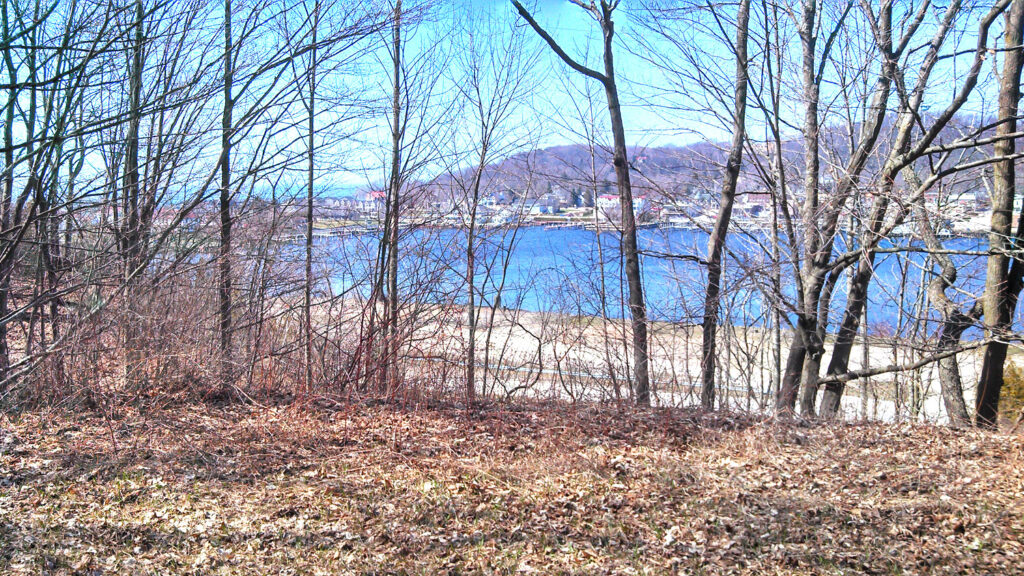
I’ve gone to sauna parties in the dead of winter, running through the snow to make it back into the sauna before you freeze. I’ve spent days hiking through the woods, looking for medicinal herbs and mushrooms. I’ve heard tales and rumors that don’t feel like they should still exist in the “first world.” A friend of mine regaled me about the 2008 financial crash, when his county couldn’t even afford to hire police officers. He would travel around in his 1994 Toyota with a pound of weed and a loaded shotgun in the front seat, just in case.
I’ve met a hallucinogenic mushroom lab owner who loved bluegrass, regenerative farmers who compost their own poop, and a stone mason from Vermont. I’ve heard rumors of secret recording studios for the rich and famous in dying towns, and of cougar kills sighted in the woods.
In short, Northern Michigan is forgotten. It’s a merry crew of people who would die before they left home. They spend their time building mad contraptions, playing cards all night, and sipping on homemade hooch. But that’s how we like it. That sense of forgottenness gives us the gift of freedom. Not the supposed freedom that Texans and Floridians talk about from their HOAs and lifted trucks. The freedom that comes when no one cares to spend the money to hire cops. The freedom that comes when the tourists leave in October and your county loses 5,000 residents.
You can drive for miles and not see anyone. I have this vivid memory of me at school in Chicago. I was feeling crazy after a really bad day and decided to go for a drive. I drove for an hour, and all I saw was strip mall after strip mall, like a cancer that couldn’t stop growing. I honestly thought I was hallucinating. But in Northern Michigan, you can pass woods that haven’t seen a saw in 100 years. That’s real freedom. If you are a good neighbor, help others, and don’t do anything immoral, you can do whatever makes you happy. Post-industrial living at its finest, for those brave enough to do it.
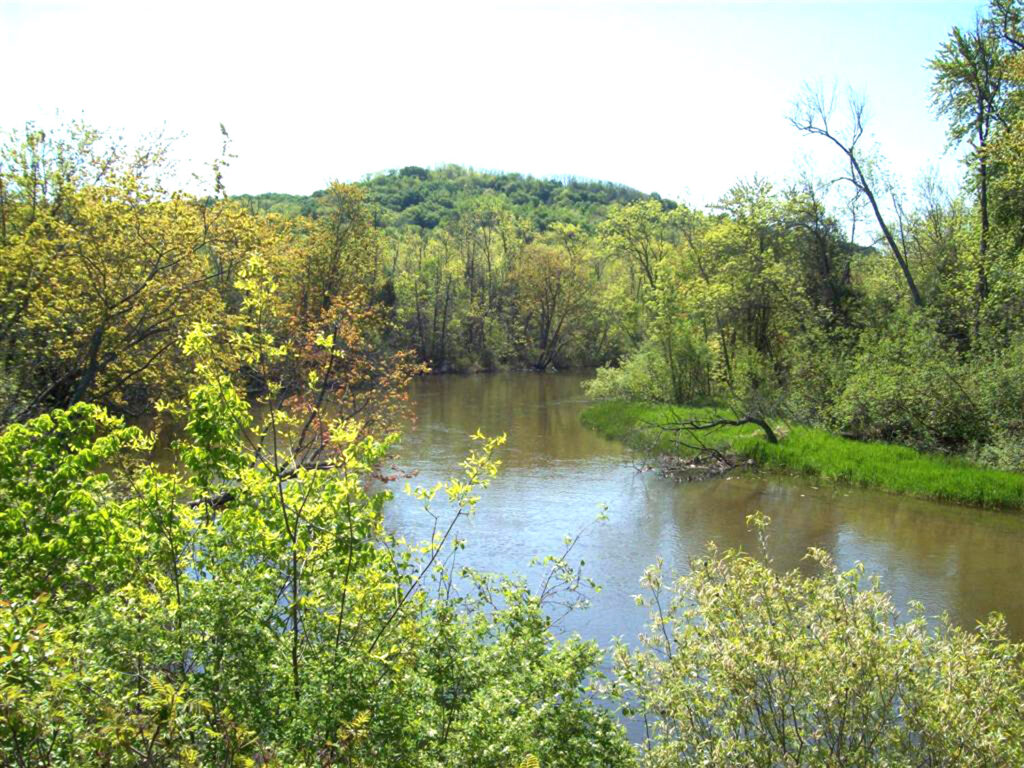
The freedom living in the post-apocalypse boggles the mind. When I worked at a fishing store, I had a coworker named Robbie. He was a bit of an alcoholic and spent his days at the store nursing a hangover. He drank too much, had a baby mama, and was usually late to work. I judged Robbie, though I shouldn’t have.
This man had life figured out. Every summer, he would take a few jobs and work like hell. But as soon as October came around, he stopped. Then, he would fish and hunt until May.
As he put it, “You can come ice fishing with me, but the drinking starts at 7.” This guy, living in the middle of nowhere, was freer than 99% of the people in this world. Competition doesn’t exist. They all moved away to the big city to fight for 9-to-5s in a suburban hell. When no one else is fighting over the scrap heap, you can be the king of it!
Northern Michigan isn’t conventionally prosperous, but it’s a land of mystery. The coyotes howl in the shadow of the train tracks. Bald eagles perch on old smokestacks. Wild ramps grow in the foundations of forgotten cabins.
Industry came and went, and it isn’t coming back again. All that’s left are empty woods, cold lakes and streams, and terminal towns.
That’s just fine by me.
Jack Ducote is a writer who loves fishing, hunting, the outdoors, and of course, Michigan. He writes under Hemlock Hobo on Substack.
